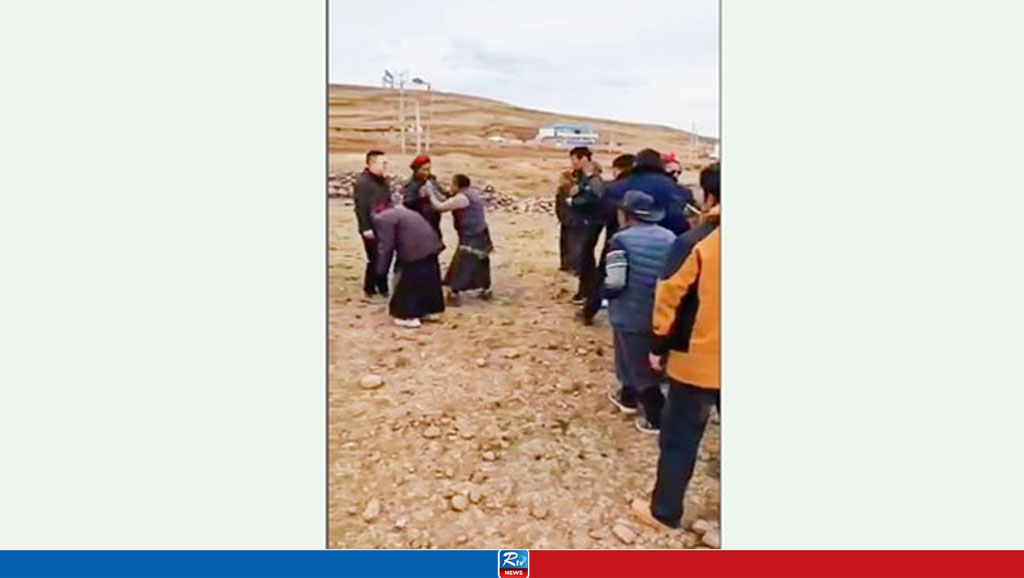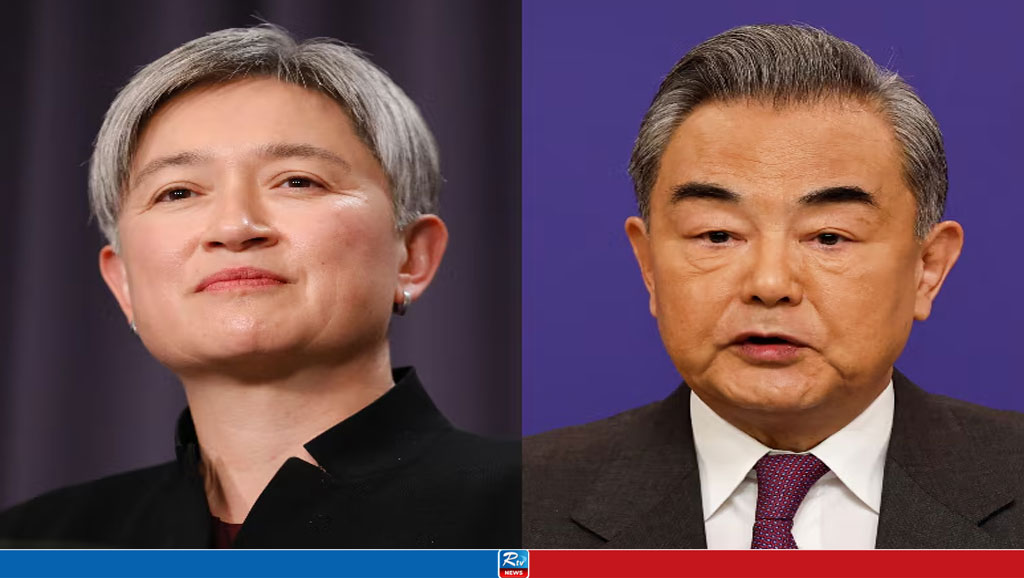China Cracks Down on Tibetan Protest Against a Hydropower Project in Dege
China’s cascade dam project on the Drichu, the upper Yangtze River, sparked discontent among the local population.
On February 14, hundreds of Tibetans in Derge County (Dege in Mandarin), part of the Garze Tibetan Autonomous Prefecture in Sichuan Province, protested in front of the county government office building. They sought a halt to the construction of 1.1. million kilowatt hydropower station on the Drichu River. In a related demand, the protesters wanted authorities to withdraw the order for thousands of Tibetans to relocate from Upper Wonto and Shipa villages and six important monasteries – including the Wonto monastery, which was built in the 13th century and has priceless murals dating from that period. The villages and monasteries are expected to be flooded once the dam’s reservoir is complete.
Local Tibetans argue that this hydropower project has ignored the sacred nature of these monasteries and their importance in the culture, religion, and value system of Tibetan Buddhists. Derge is not part of the Tibetan Autonomous Region, whose borders were drawn up by the Chinese Communist Party, but is part of Kham, a historically Tibetan region.
Since February 14, there have been multiple non-violent protests against the hydropower project. However, these protests are being muzzled by the government’s crackdown. According to local sources, the police have arrested more than 1,000 Tibetans, including monks, and imposed a complete lockdown on these monasteries.
A few dozen of those arrested have since been released, albeit under strict orders not to participate in further protests. Others, including the senior administrator of Wonto Monastery and a village official, were transferred to a large detention center, after reportedly being “severely beaten” while in custody.
The Gangtuo (Kamtok) hydropower project is one of a series of 13 hydropower stations planned on the Drichu River, known as the Jinsha River in Mandarin. It is being developed by Huadian Jinsha River Upper Reaches Hydropower Development Co., Ltd., which is currently directly managed by China Huadian Group.
In November 2011, the National Development and Reform Commission together with the relevant national ministries and commissions and the provincial-level governments of Sichuan, Tibetan Autonomous Region, and Qinghai reviewed the hydropower planning report of the upper reaches of the Drichu River and agreed on the “one reservoir and thirteen levels,” with Gangtuo as the leading reservoir. The pre-feasibility study for the hydropower project was completed in 2016.
The dam is now being built as part of the 13th Five-Year Plan of China. The 229-meter dam is also the leading reservoir for the western route of the South-to-North Water Diversion Project, to divert water from the Yangtze to the Yellow River. The once pristine and free-flowing rivers of Tibet are being tamed with the rapid development of hydropower projects.
Alongside the hydropower development in the region, there are many related development activities, including the building of roads, a gas station, and other associated infrastructure. The construction is having a profound impact on the people as well as the environment. Many of these existing, planned, and under-construction hydropower dams lack comprehensive environmental and social impact assessments (ESIAs).
The approach to dam-building in Tibet goes against China’s own legislative framework, including laws government environmental disclosures, public interest environmental litigation, public feedback on planned hydropower projects, and proper ESIA procedures. Since 2009, China has formulated and implemented three action plans on human rights and environmental issues.
Based on these regulations, China’s government is well aware that certain special projects, like hydropower plans, cause adverse environmental impact and directly affect the environmental rights of the public. Tibetans should not be criminalized for speaking out about the impact of such projects. Instead, the Chinese government should uphold its commitment to promote and protect the rights of Tibetans living in Tibet.
Source: The Diplomat
14 Mar 2024,23:15
















 Live Tv
Live Tv









